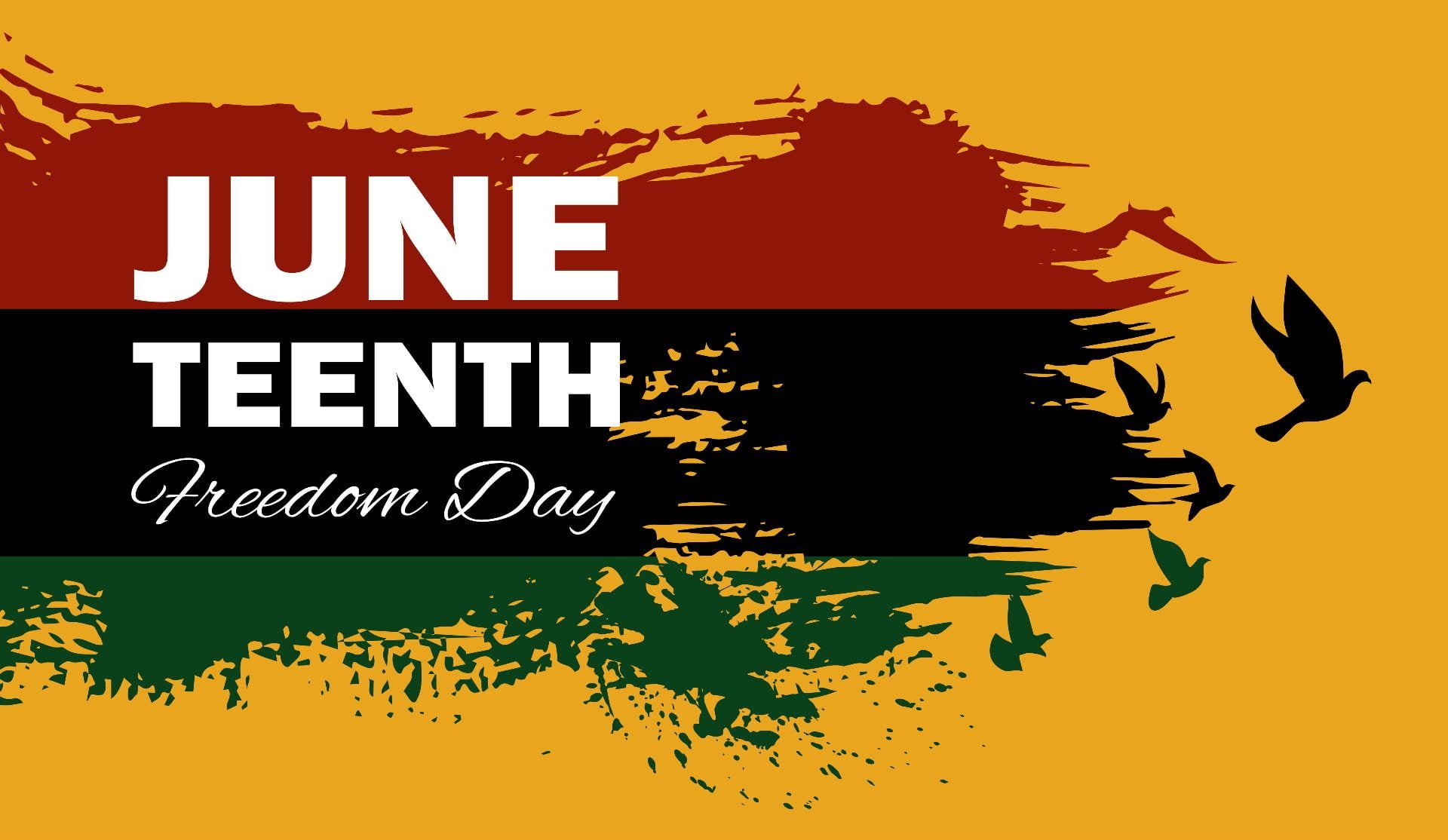The Freedom They Couldn’t Kill: African Languages and Juneteenth
By: Chimdindu Ken-Anaukwu
Even in chains, our ancestors whispered Swahili, sang in Yoruba, and prayed in Wolof. Long before Juneteenth marked the official end of slavery in the United States, African people were already resisting the dehumanization of bondage through one of the most powerful tools they possessed: language.
This is the story of the freedom they couldn’t kill.
Juneteenth: The Day Freedom Reached the Last to Know
Juneteenth is the day the news of freedom finally reached the last enslaved Black people in America. It happened two and a half years after Abraham Lincoln signed the Emancipation Proclamation.
June 19, 1865.
Galveston, Texas.
Major General Gordon Granger arrives with Union troops and a message:
“The people of Texas are informed that, in accordance with a proclamation from the Executive of the United States, all slaves are free.”
And just like that, the last chains broke.
But freedom didn’t come with fanfare.
It came late. It came hesitant.
It came bitter and slow.
Still — it came.
The Truth Behind June 19, 1865
Many enslavers in Texas knew about the Emancipation Proclamation. They simply chose not to tell the people they held in bondage. Texas was far removed from the heart of the war. It became a place where slaveholders ran to — taking their captives with them — hoping to ride out emancipation.
Some enslaved people were only informed when soldiers stood at their doors. Others were never told at all — they had to overhear it. They had to ask. They had to wrestle their freedom from the very people who had stolen their lives.
Juneteenth isn’t just a celebration.
It’s a reminder that freedom isn’t something given.
It’s something demanded. Declared. Defended.
Why Juneteenth Still Matters
Juneteenth isn’t just American history — it’s African history.
It’s the story of stolen people who never lost their will to fight.
It’s the story of names erased and reimagined.
Of songs that survived ships.
Of ancestors who whispered to us even when their languages were beaten out of their mouths.
Juneteenth is sacred because it is the moment a people became almost free.
But freedom is more than the absence of chains.
It is the presence of memory.
Of language.
Of identity.
That’s why we built NKENNE.
What Juneteenth Teaches Us About True Freedom
Here’s the lesson:
You can be declared free and still remain in chains.
Freedom wasn’t automatic. It didn’t happen with ink on paper. It had to be enforced with soldiers, marched into Texas with weapons drawn. That’s the uncomfortable truth of Juneteenth—freedom had to be reannounced and demanded.
It reminds us:
Real freedom is not given. It is taken.
It is fought for. Protected. Lived.
That’s the same mindset we need today when it comes to cultural identity.
Too many African people—on the continent and in the diaspora—have been told they’re free. But they still walk in mental chains. Colonial languages dominate. African traditions are dismissed. Our stories are sidelined. Our languages are dying.
But not on our watch.
NKENNE: Freedom Through Language
At NKENNE, we see every African language lesson as an act of liberation.
Every time you say "Molo," "Ẹ n lẹ," or "Ndewo," you’re taking something back.
You’re replanting the seeds that slavery and colonialism tried to burn.
You're not just learning to speak.
You're learning to remember.
You're choosing to walk in a freedom our ancestors never stopped fighting for.
So this Juneteenth, don’t just celebrate history. Live it. Speak it. Reclaim it.
How You Can Celebrate Juneteenth Through Language
Learn a new African language — even a few words can connect you to a rich heritage.
Share stories and proverbs from African cultures with your family and friends.
Support language revival projects that empower African communities and diasporas.
Reflect on the journey from bondage to belonging and the freedom still being fought for.
Final Thought
The chains of slavery may have been broken over 150 years ago, but the true victory lies in reclaiming all that was lost—especially the voices and languages that keep the spirit of freedom alive.
This Juneteenth, let’s celebrate The Freedom They Couldn’t Kill — the gift of African languages that no one can ever silence.



